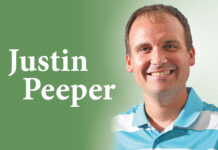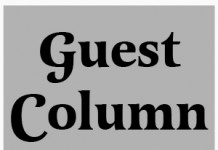Unless you’re a news nerd, you’re probably not aware of the brouhaha created by the decision of two major newspapers — The LA Times and The Washington Post — to not endorse any candidates in the race for president. The screams and hollers are coming from the left, who I am sure feel they’ve lost…



